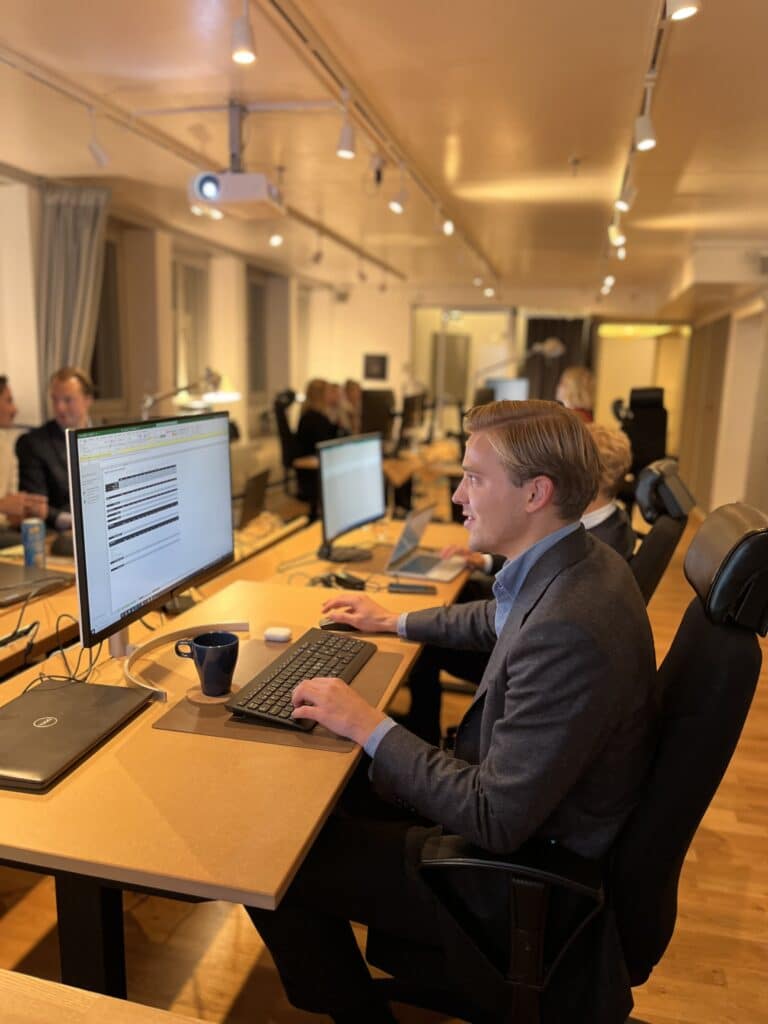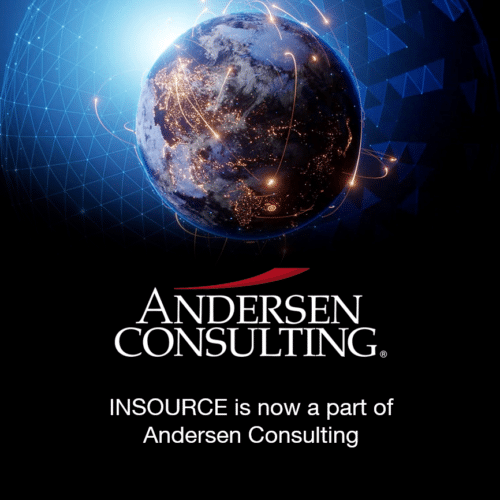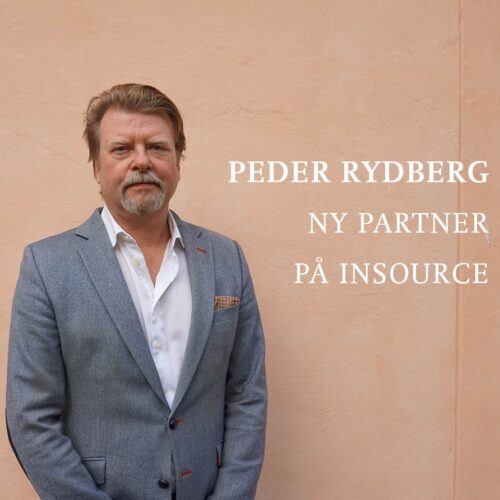
UNDERSTANDING MANAGEMENT CONSULTING
Merging Expectations with Reality
For many, the concept of management consulting is somewhat vague and undefined, marked by preconceptions and expectations that can be either justified or misguided. One does not become much wiser by looking at the Cambridge Dictionary’s definition of the word consultant:
Someone who advises people on a particular subject.
So, whether you are currently in a professional role and considering transitioning to the consulting industry, or if you are still studying and trying to navigate your first steps into the job market, it is likely that you have questions about what it means to be a management consultant.
In an attempt to answer some of the questions you might have about the industry in which Insource operates, we choose to share some of the preconceptions and expectations that we had before starting as management consultants at Insource. Which expectations align with what it’s actually like to work as a consultant and which prejudices do we believe can be dismissed? By openly and honestly reflecting on our own biases, we hope to contribute a more nuanced and realistic understanding of what it means to work as a management consultant at Insource.
The client’s critical eye towards consultants
A common prejudice regarding the consulting profession is that the client can have a critical attitude towards the consultant. This can naturally create concern for someone considering becoming a consultant, and it may feel even more alarming when knowing that Insource’s consultants typically work at the client’s office. However, we can dismiss this initial concern. Our experiences do not at all align with this prejudice; on the contrary, we have found our clients to be incredibly welcoming and collaborative.
We believe that a contributing factor to the positive attitude that Insource consultants often receive from their clients is the good reputation that Insource has achieved over the years. We feel that our clients trust our consultants, creating an atmosphere of trust and cooperation. This trustful relationship enables us to work closely and constructively with our clients to develop sustainable and effective solutions. As we mentioned, Insource’s consultants are usually based at the client’s office. And by interacting with our clients on-site on a daily basis, we do not only gain a better understanding of their needs and challenges but also facilitate a smoother and more efficient workflow. It also allows us to quickly grasp a client’s corporate culture and work routines, which helps us to identify problems and implement solutions, something we believe would have been harder to achieve through working remote.
Adaptability: A Consultant’s Greatest Asset
Another characteristic commonly associated with the consulting profession is the consultant’s openness to change and willingness to operate in a fast-paced environment. This particular prejudice, in our opinion, holds true. Being adaptable as a consultant is an important trait for several reasons. Firstly, the business world is dynamic and constantly changing. Being open to change enables adaptation to new trends, technologies, and customer needs. It allows us consultants to remain relevant and competitive in a fast-paced market and environment.
Secondly, adaptability is necessary to address various challenges and issues that arise in different consulting assignments. Being open to change and new ideas means finding innovative solutions to complex problems and delivering added value to the customer. It’s not only important for survival in today’s business climate but also a crucial trait for a successful consultant as well as creating value for both our clients and for Insource.
Poor connection with other consultants
Yet another prejudice regarding the consulting profession is that as a consultant, you invest all your time in client assignments and thus have neither time nor contact with your consultant colleagues. This is a common misconception and far from the truth at Insource. In fact, our work is characterized by a strong sense of community and collaboration, where various activities contribute to strengthening our relationships within Insource.
One of the most popular forms of informal gatherings is after-work events, where we meet to relax and strengthen our relationships outside of client assignments. But it can also be as simple as organizing a shared breakfast or working out together. These occasions not only bring joy but also provide an opportunity to get to know our colleagues on a personal level, something we highly value at Insource.
In addition to informal gatherings, there are also more formal ones that contribute to the team spirit. Insource monthly meetings are an example of when we gather to reflect on the past month, share our experiences, and look ahead to what awaits during the year. It can also involve educating courses throughout the year or our annual trip that promotes community and knowledge sharing. These occasions are not only for discussing work-related topics but also for building a strong team spirit and corporate culture.
So, the prejudice claiming that consultants work isolated and lack contact with their colleagues can be dismissed, at least at Insource. The consulting profession at Insource promotes a culture of community and collaboration, where various activities and events encourage an inclusive work environment. Because it’s important to remember that being a consultant isn’t just about delivering results in projects but also about being part of a dynamic and supportive community.
Knowledge Expectations: Balancing Expertise and Initiative
As a consultant at Insource, you’re meant, in various ways, to help clients with their needs. With that in mind, you might think that as a consultant, you’re expected to have all the necessary expertise before a client assignment even begins. But this prejudice is incorrect. It would be impossible for a consultant to know everything about an assignment before it starts. With that said, it doesn’t mean that Insource does not have certain expectations of you as a consultant.
Even though you’re not expected to know everything from a knowledge standpoint on your first day with a client, you are instead expected to be motivated regarding your assignments and take initiative to power the assignment forward. You are expected to show a genuine willingness to understand the client’s needs and challenges while providing effective solutions that can help the client move forward. It is simply not about having all the answers before the assignment starts but rather about being prepared to actively and efficiently work to meet and exceed the client’s needs and expectations throughout the duration of the assignment.

Summary
We hope that by addressing some of the preconceptions and prejudices we ourselves had about the consulting profession before joining Insource, we have contributed to giving you a more nuanced and fair view of the profession. If you have further questions about the industry or about Insource, feel free to reach out to us on LinkedIn, and we will direct you accordingly.
Stefanie, Senior Consultant
Jesper, Senior Consultant
Agnes, Junior Consultant
Source: Cambridge Dictionary [Consultant]
https://dictionary.cambridge.org/dictionary/english/consultant











